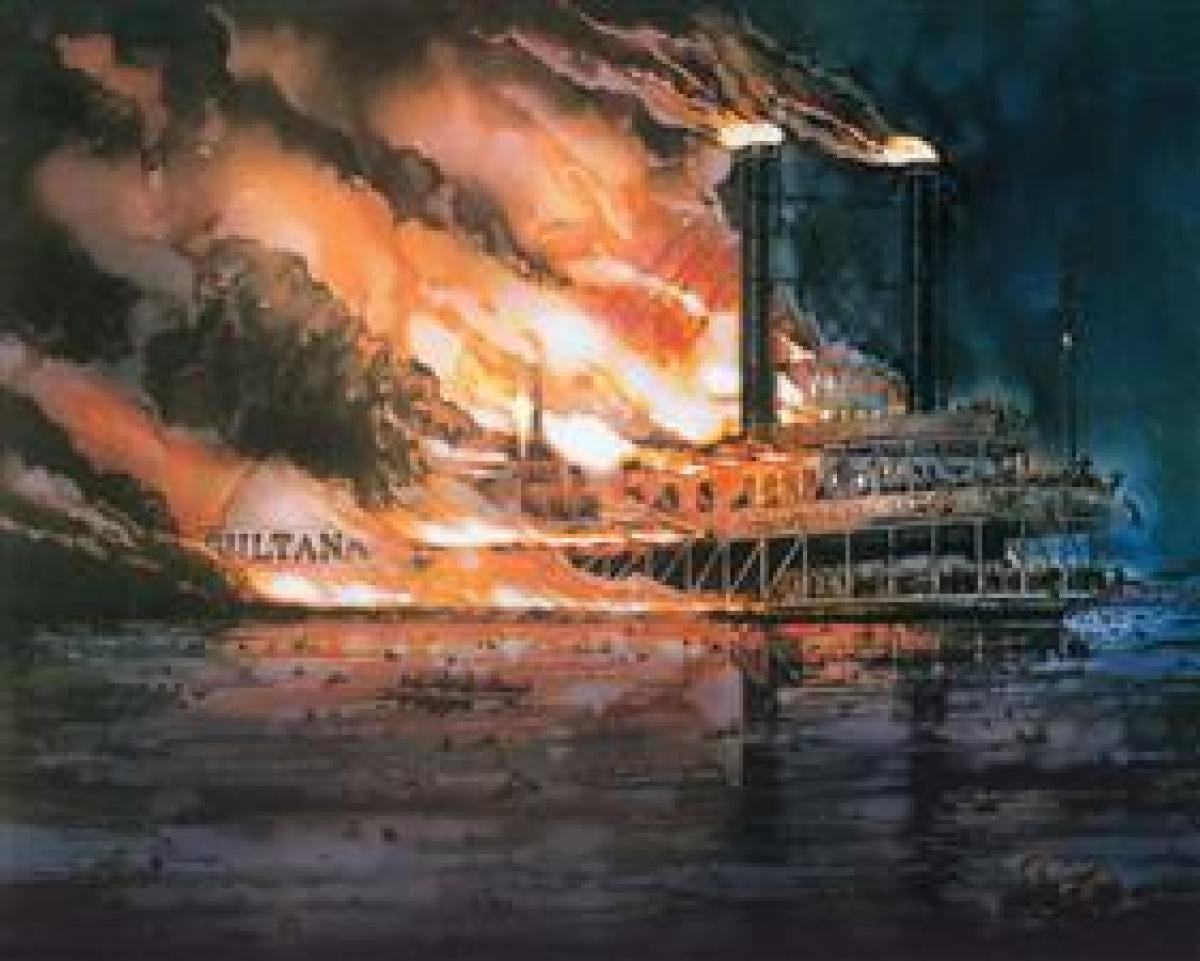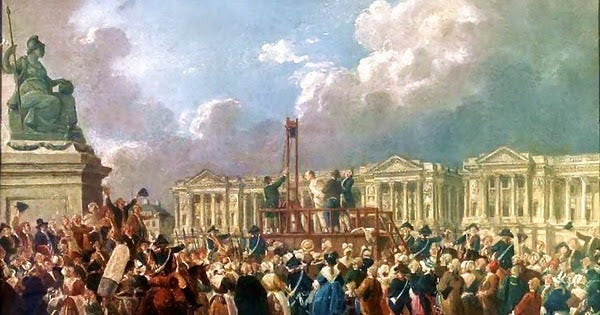A Brief Reflection on the Murder of CEO Brian Thompson
Mark Twain knew what happens when the boilers finally explode.

For the last several days I have been reflecting on the murder of health insurance executive Brian Thompson, and on the deeply divided and extreme reactions to which it has given rise. What I can see is an America in which inequality and injustice are increasing pressure on people—and in which political control by those with wealth and power is suppressing actual reform. By this I mean legitimate reform as opposed to, for example, the so-called “tax reform,” which is an exemption for the ultra-rich, not a reform that benefits the majority of Americans.
If we look at writings from the Age of Steam, such as those of Mark Twain—who, as a Mississippi River boat pilot, was well acquainted with these things—we will find an excellent metaphor for what is happening now. In Twain's time, the captains of riverboats competed for trade, so it mattered how quickly they could get from point A to point B. When the competition was at its height, the riverboats were also competing with the railroads. At that time, when the pressure became really intense, the engineer (think Scotty from Star Trek) would hang a wrench from the safety valve on the boiler to get every last ounce of pressure out of the engines—but this had the tendency to cause the boiler to explode.
In the U.S. today, the extremely wealthy have hung a metaphorical spanner on the socio-economic safety valve, preventing any real change. If there is no change, there will be an explosion. Perhaps one could say that it has already begun, with the dramatic increase in guns and gun violence. This murder—for a murder is what it is—is a harbinger of what is to come. It is easy to see that the murderer had concluded (rightly or wrongly) that the only possible redress for his grievance was murder, because all of the avenues that should be open for a solution—good laws and regulations, the legal system and the courts—were closed to him.
This observation is not in any way an argument that he was justified in doing what he did: on the contrary, I will be emphatic that he had no right. It is instead an argument that, in order to solve this problem, we need sweeping, real reform.
In 1789, the “boiler” of French society exploded, with ultra violence that spilled over into the Napoleonic Wars. These events rocked Europe to its foundations and didn’t end until the Battle of Waterloo in 1815, by which time France had lost a generation of young men and was economically devastated. All of this occurred because the French ruling class refused all change. Some aristocrats were so isolated from the rest of their country that they had no real idea of what it was like outside the walls of their palaces.

Meanwhile, the English ruling class looked on in horror (see Edmund Burke's “Reflections on the Revolution in France”), but enough of them realized that if there were no reform in Britain, there would be a revolution there, too. The British instituted a century of economic, social, and political reforms. Conditions for the majority of the population dramatically improved in every way. The British ruling class yielded some privileges and powers, but it remained both wealthy and powerful: they gave way on some things in order to preserve others.
The social mobility that resulted from the British reforms meant that the 19th century was truly one in which all talents might be expressed, when people from humble backgrounds rose to high status and comfortable lives on the basis of ability—people such as Thomas Henry Huxley and E. A. Wallis Budge and James Morrison, the son of an innkeeper from Hampshire who more or less invented the interior decorations business, and, by the time of his death in 1857, was the richest person in Britain apart from the Queen.
Economic and social mobility made the United States a great country. And it is the closure of economic and social mobility by the corporations and the ultrawealthy that is the monkey wrench hanging on the safety valve of U.S. society at present.
Rupert L. Chapman III, Ph.D.
14 December 2024
Rupert Chapman III, Ph.D. long-time Holy Land archaeologist and retired Curator of Levantine Antiquities at The British Museum.



